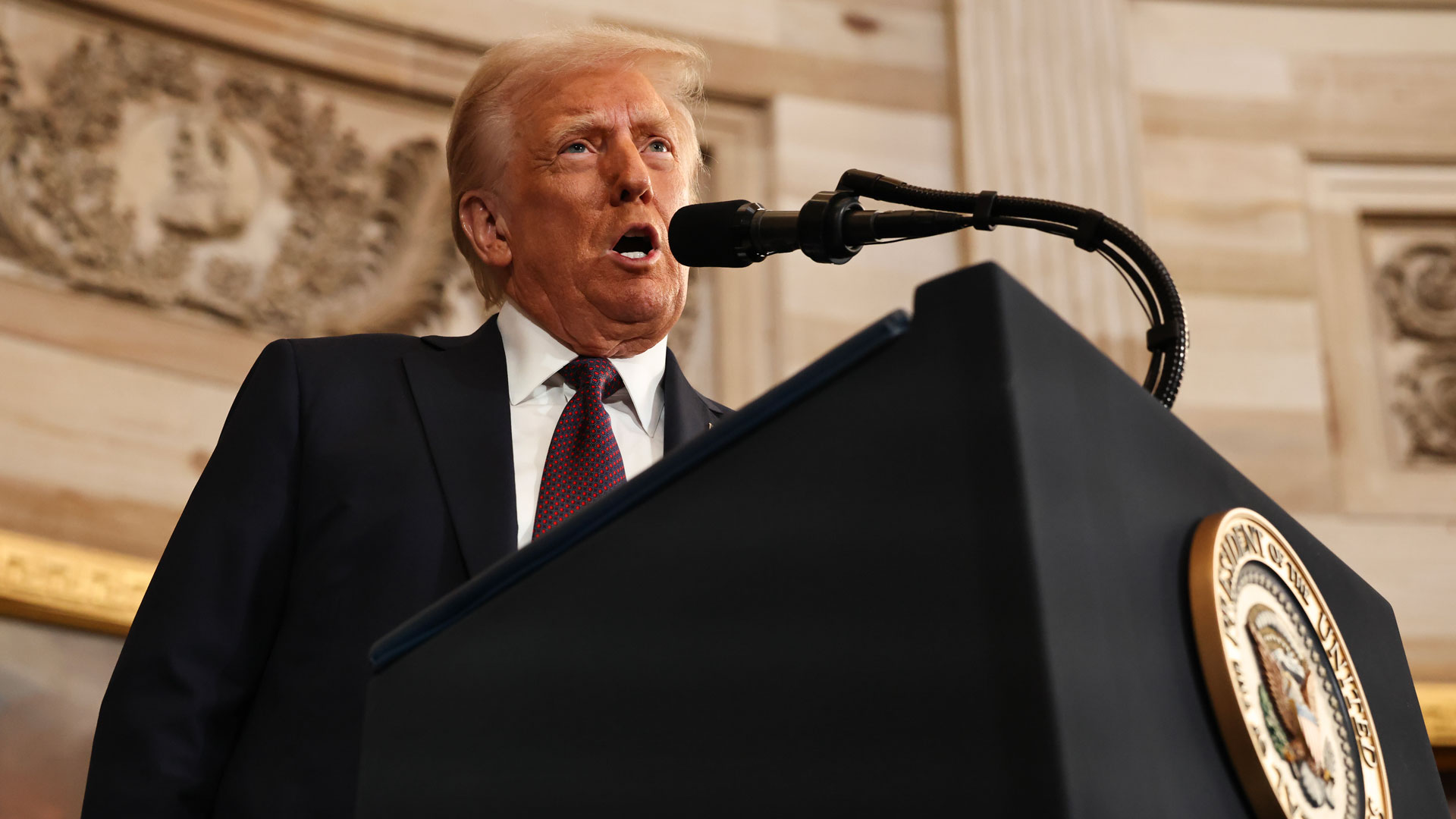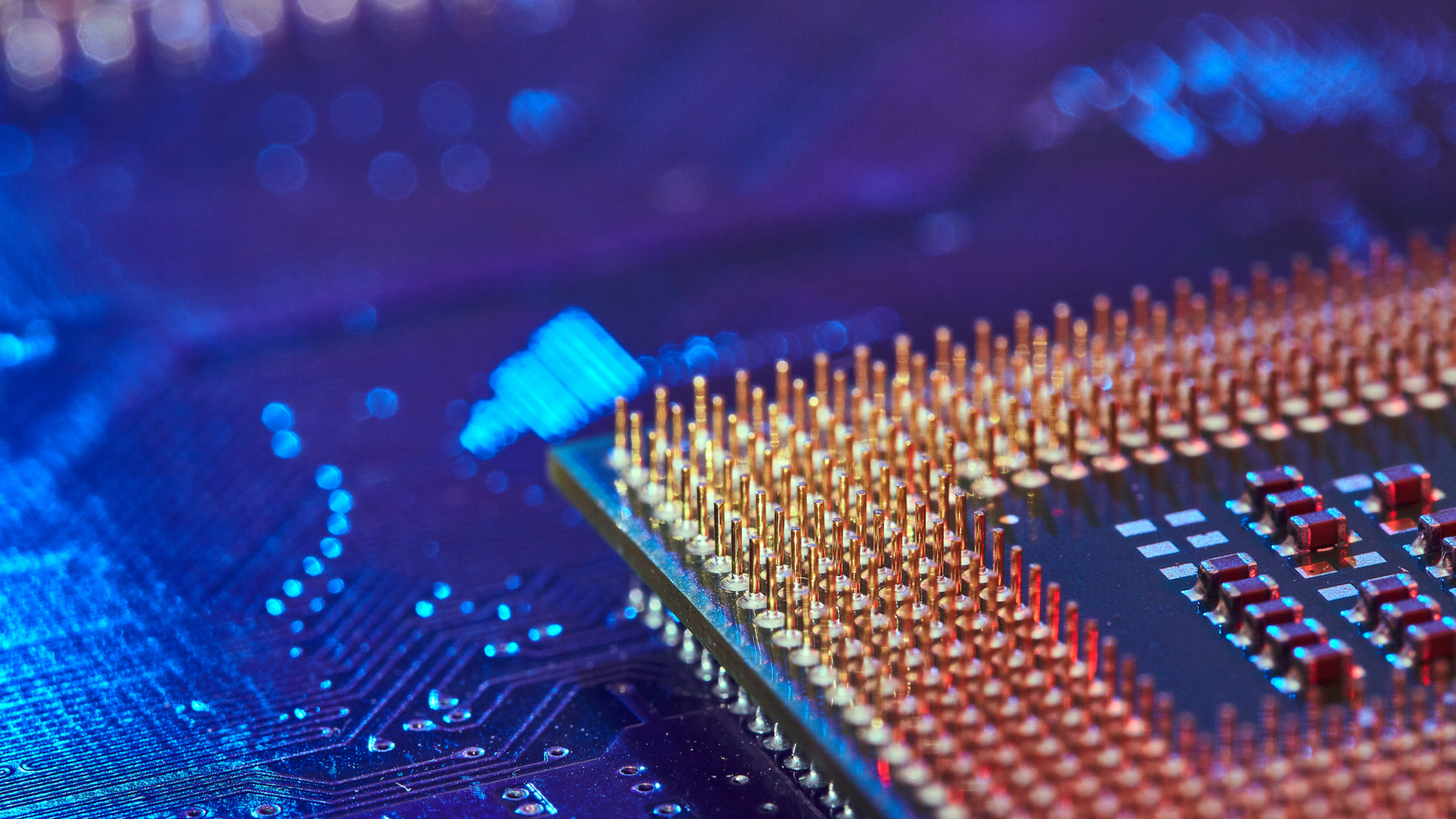- President Trump allows chip sales to China to resume - with one major caveat
- AMD and Nvidia will have to hand over 15% of the sales revenue
- No additional measures have been made to address national security threats
The US government has reversed a ban on the sale of Nvidia's H20 chip and AMD’s MI308 chip to China under the condition that 15% of the revenue is paid to the US government.
The Trump administration expanded efforts to curb China’s ability to obtain powerful chips used to develop AI models by expanding Biden-era sanctions to an outright ban on the sale of the processors.
Many security experts, including those working under the Trump administration, have warned the government the sale of powerful processors to China will help it to expand both its consumer and military AI efforts to surpass the US.
What happened to national security?
The Nvidia H20 and AMD MI308 processors were developed to comply with Biden administration restrictions on AI processing chips that could be sold in China. Restrictions were imposed on the sale of powerful AI chips to China due to national security concerns surrounding the development of AI models for the People’s Liberation Army.
Trump banned the sale of these chips to China following a trade spat in April 2025, and then reversed the ban in July. Now, seeing the apparent worth of the sales and hoping to cash in, the Trump administration is issuing a 15% revenue cut for itself.
Speaking to the BBC, Nvidia said, “We follow rules the US government sets for our participation in worldwide markets. While we haven't shipped H20 to China for months, we hope export control rules will let America compete in China and worldwide.”
Whether this 15% revenue cut will be passed on to the Chinese market by Nvidia and AMD remains to be seen. But the elephant in the room still remains. What happened to the national security problem?

Deborah Elms, head of trade policy at the Hinrich Foundation, said “You either have a national security problem or you don't. If you have a 15% payment, it doesn't somehow eliminate the national security issue."
Despite sanctions and trade bans, China has still managed to import powerful AI processing chips through loopholes and third-parties, and is likely using the chips to train AI systems to be used for military purposes.
20 security experts wrote a letter to US Commerce Secretary Howard Lutnick advising against the sales of the chips to the Chinese market, adding that even though the majority of the buyers would be civilian companies, the chips would still be used by China’s military.
“Chips optimized for AI inference will not simply power consumer products or factory logistics; they will enable autonomous weapons systems, intelligence surveillance platforms and rapid advances in battlefield decision-making,” the letter said.
Charlie Dai, vice president and principal analyst at global research firm Forrester called the deal “unprecedented,” further stating that, “The arrangement underscores the high cost of market access amid escalating tech trade tensions, creating substantial financial pressure and strategic uncertainty for tech vendors.”
You might also like
- Take a look at the best AI tools and best AI writers
- These are our picks for the best antivirus software
- OpenAI has new, smaller open models to take on DeepSeek - and they'll be available on AWS for the first time











 English (US) ·
English (US) ·